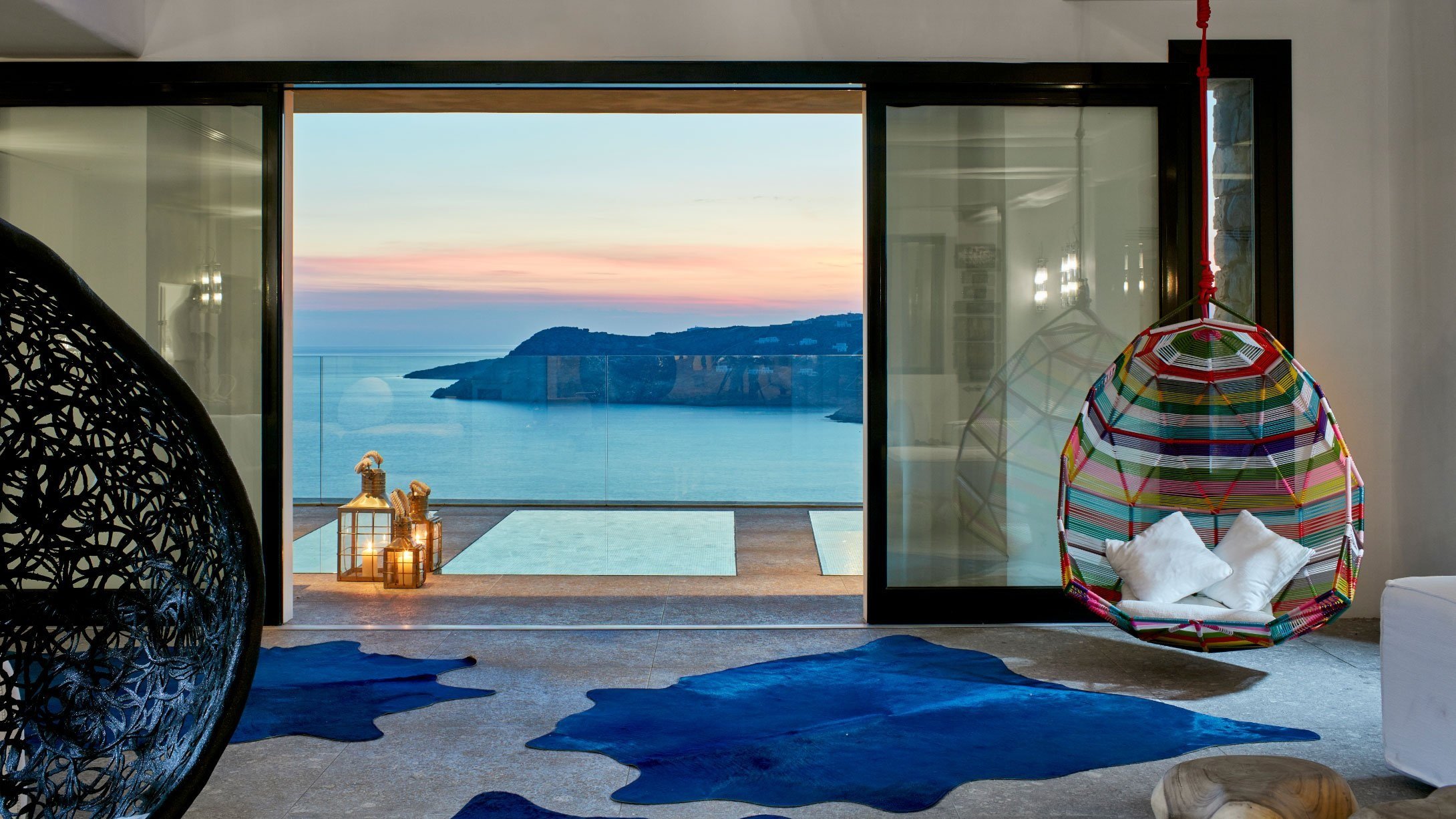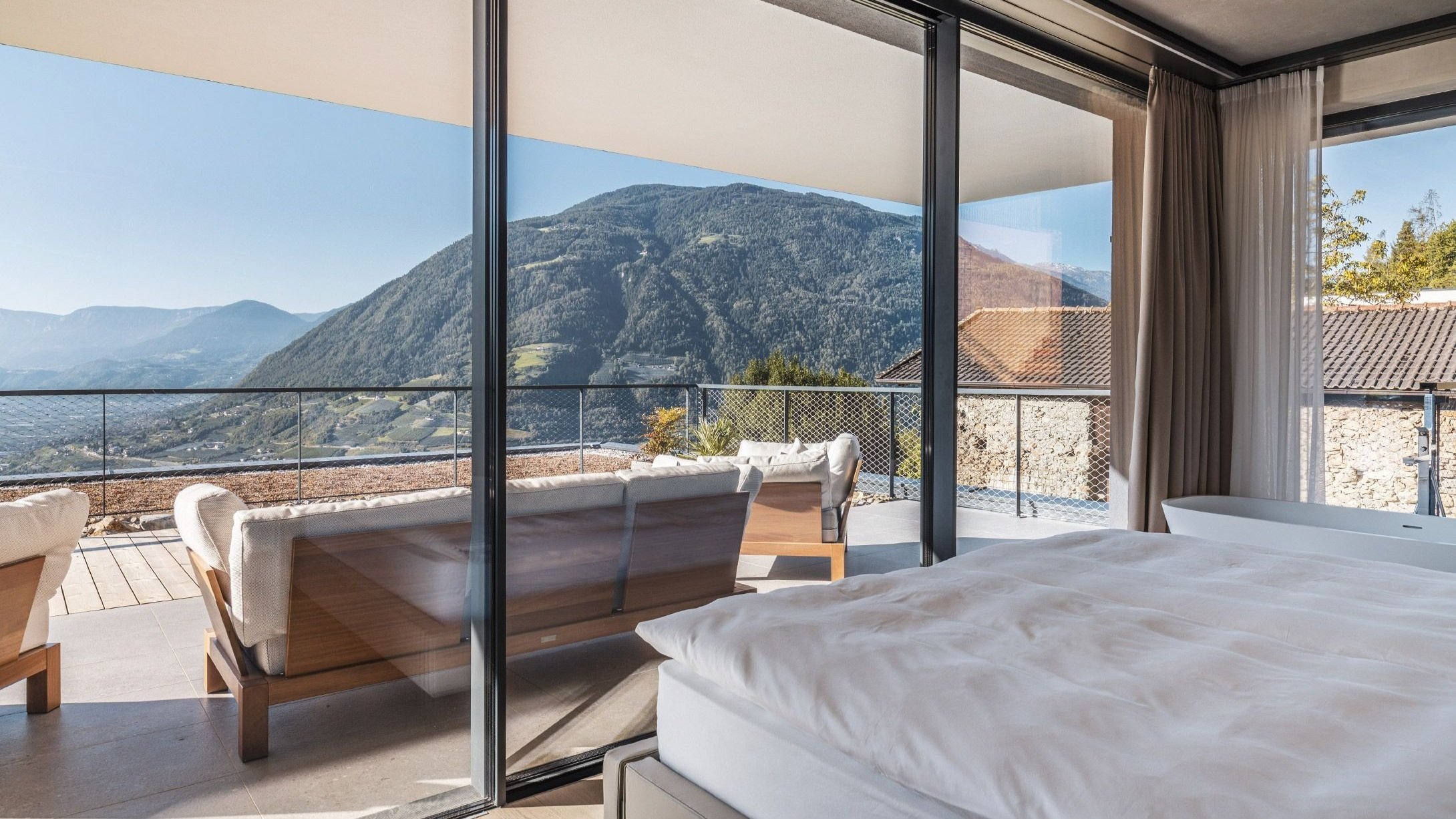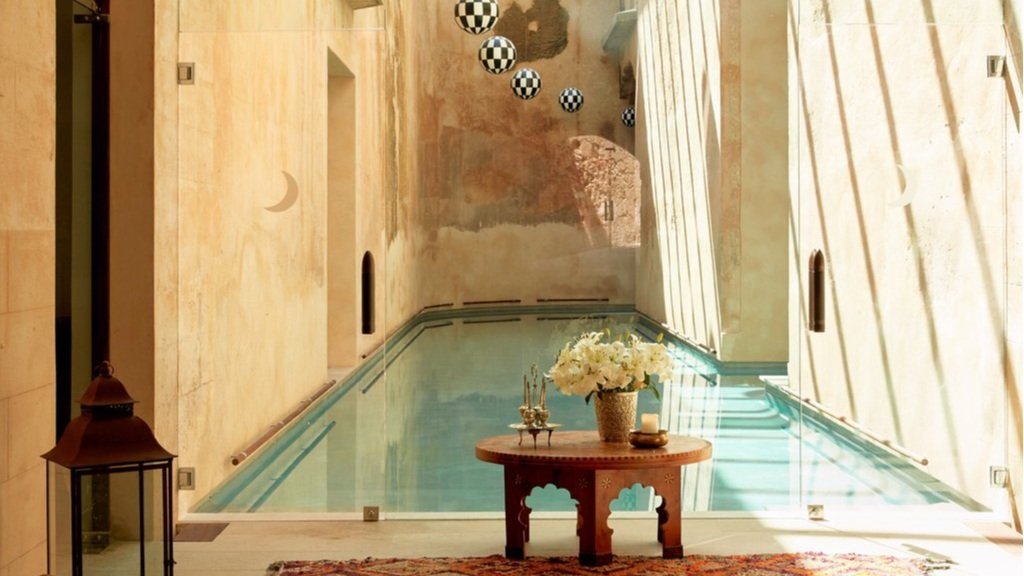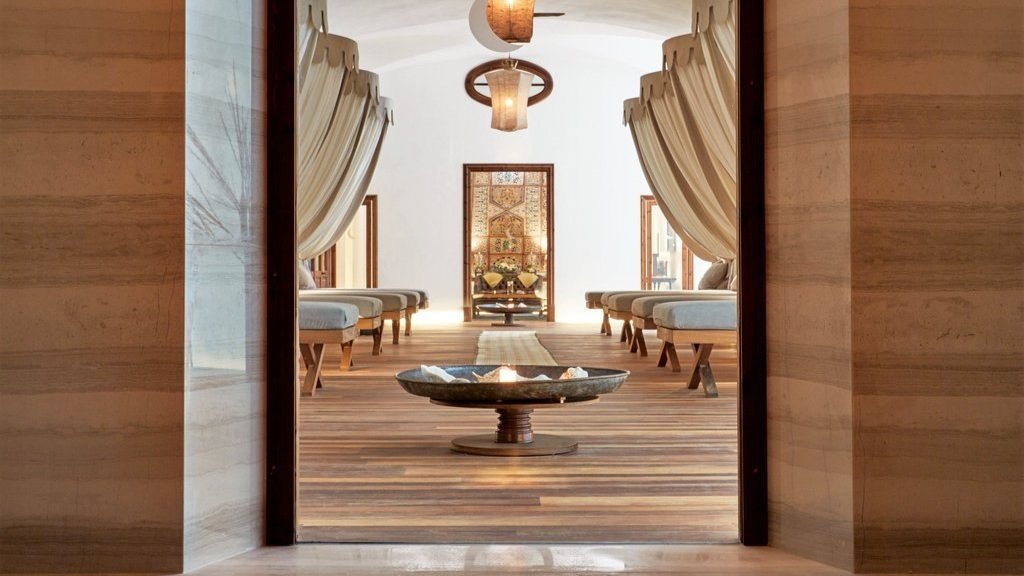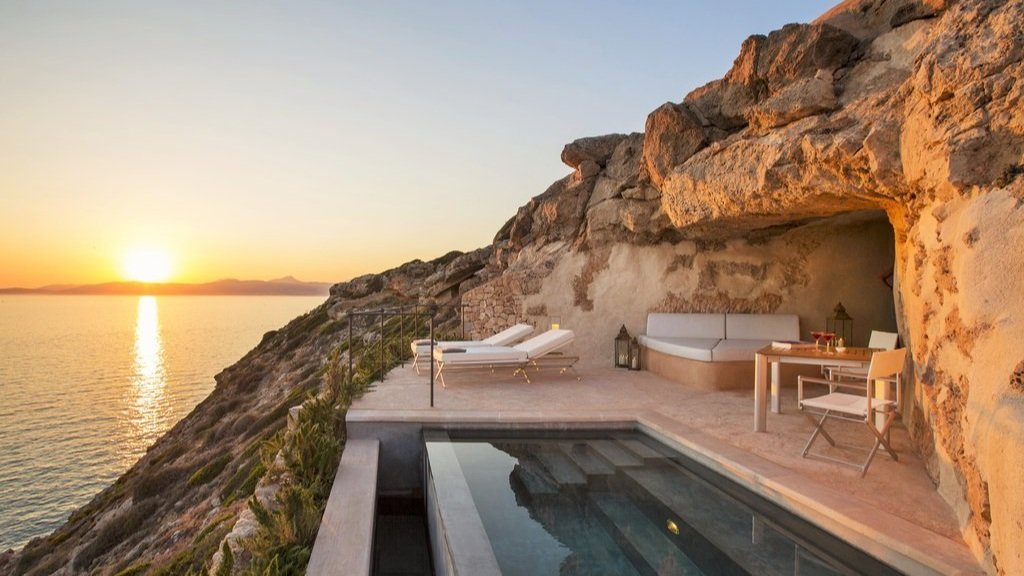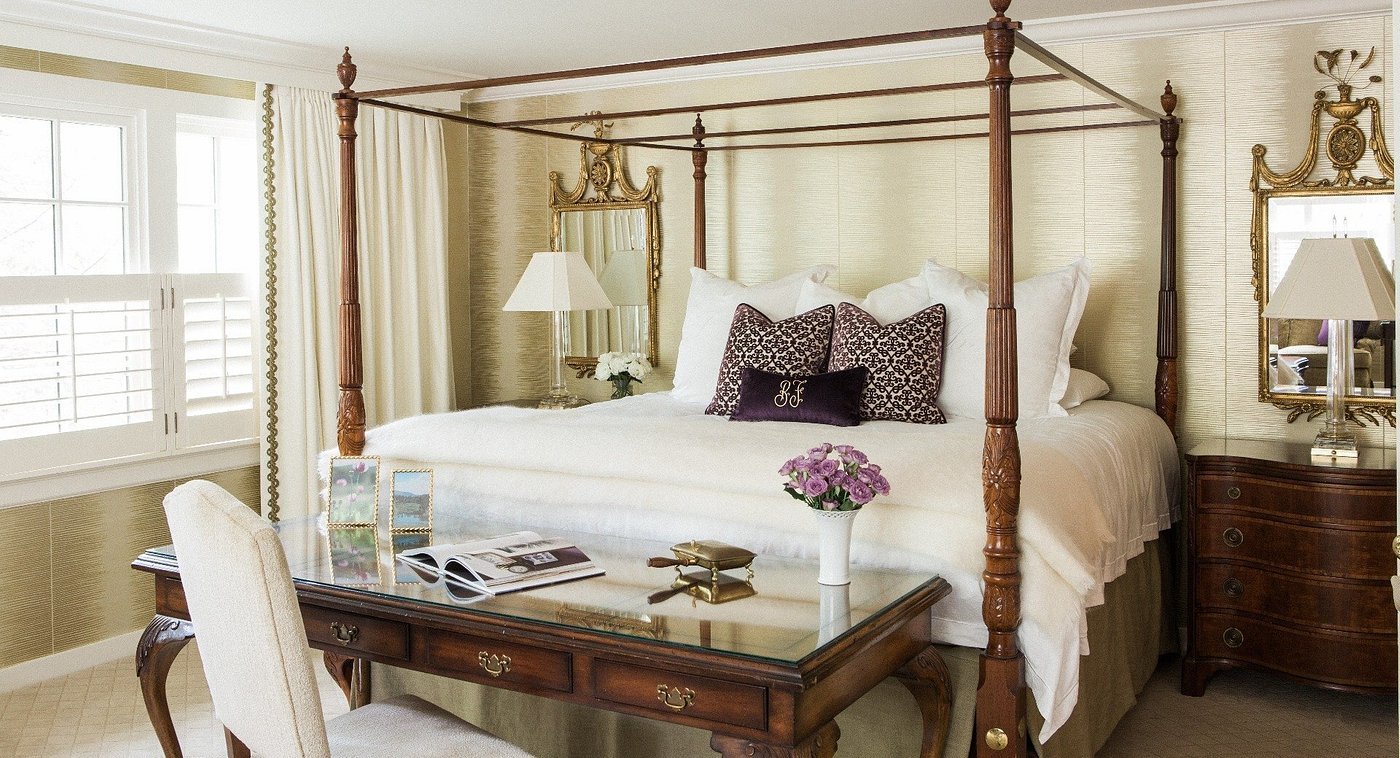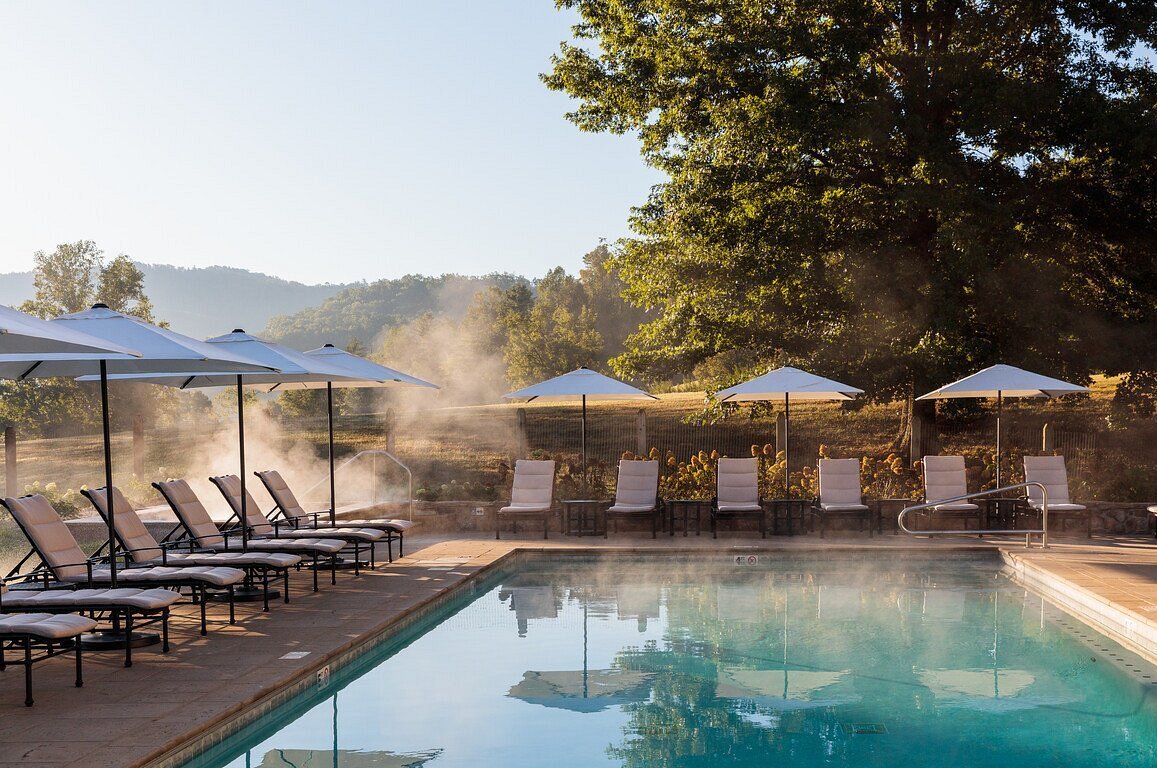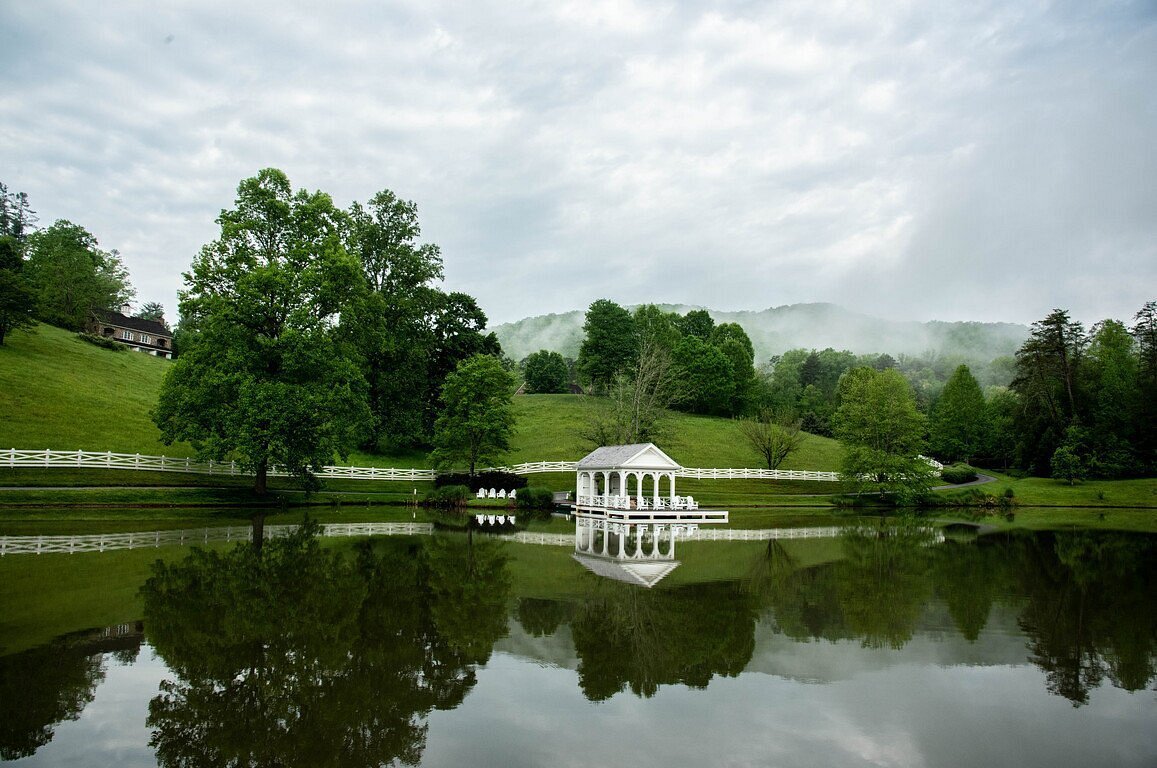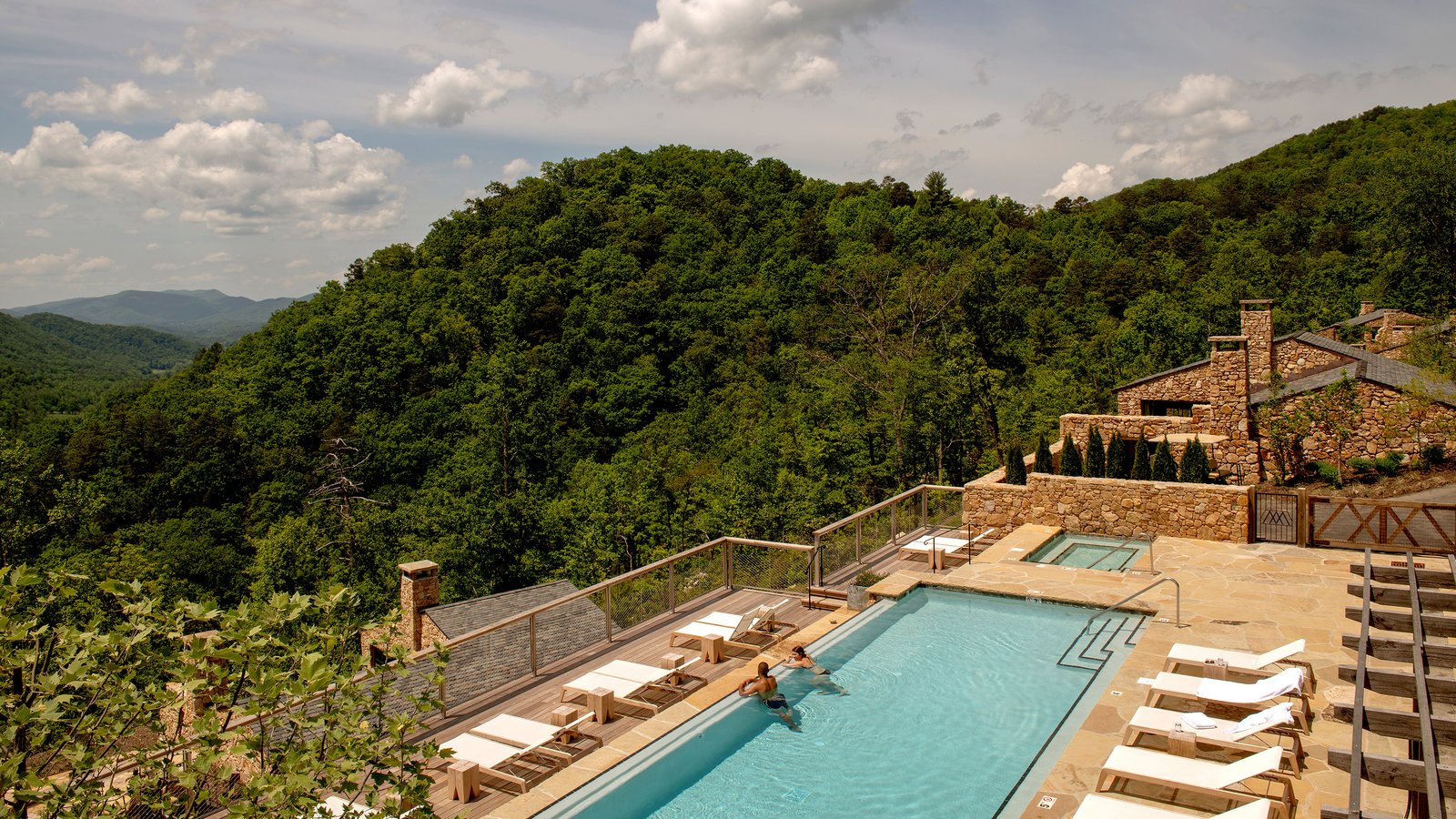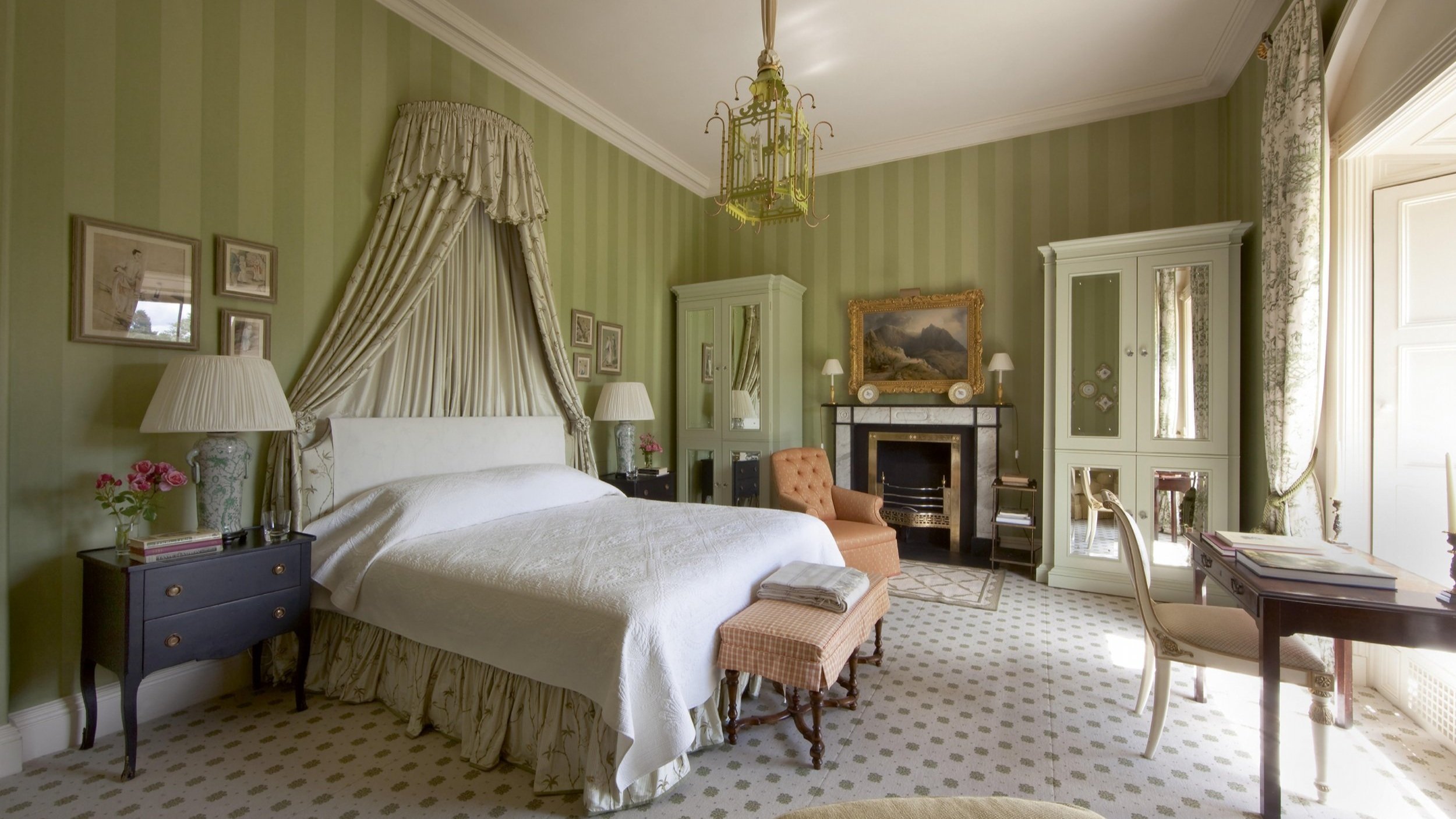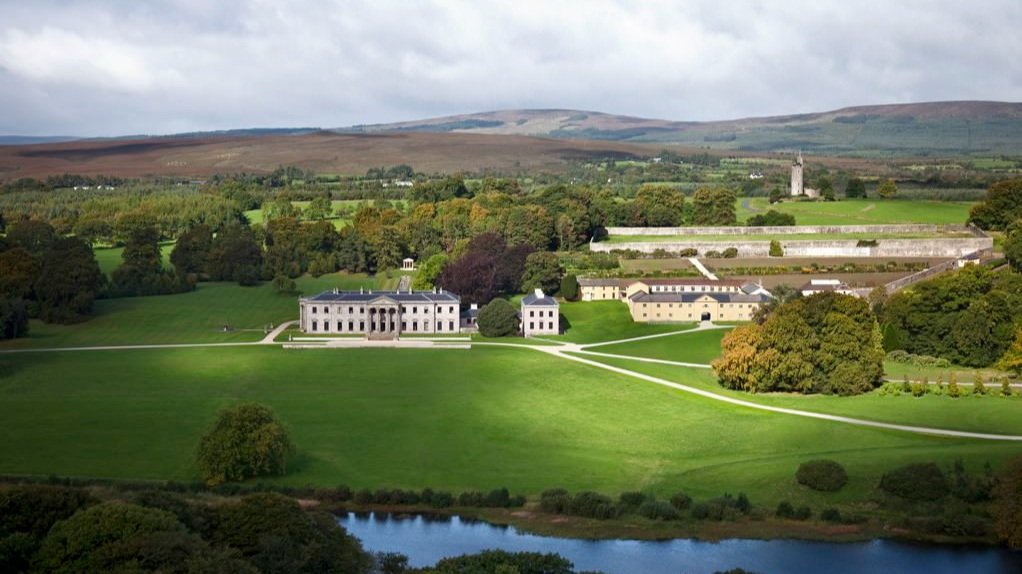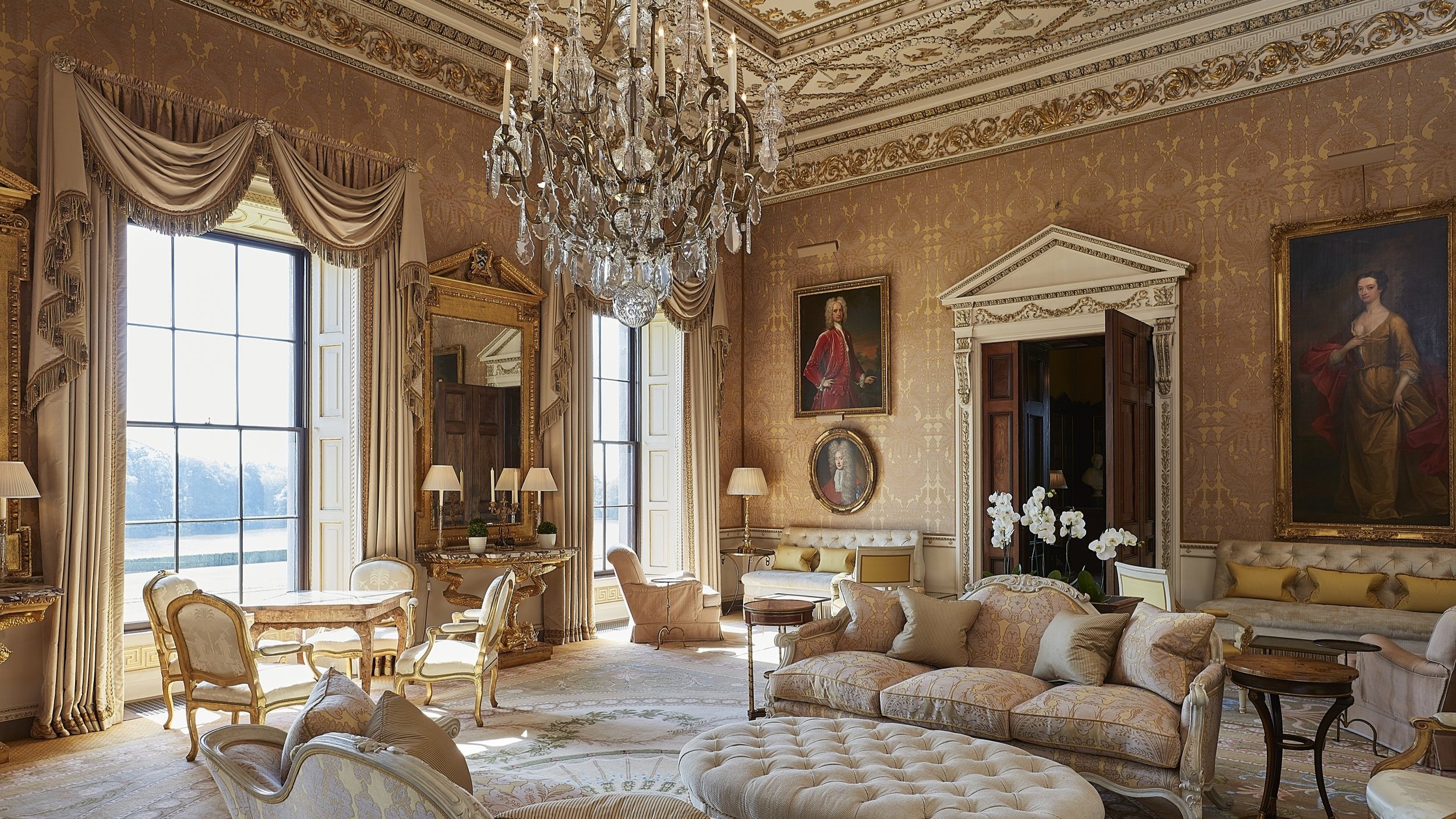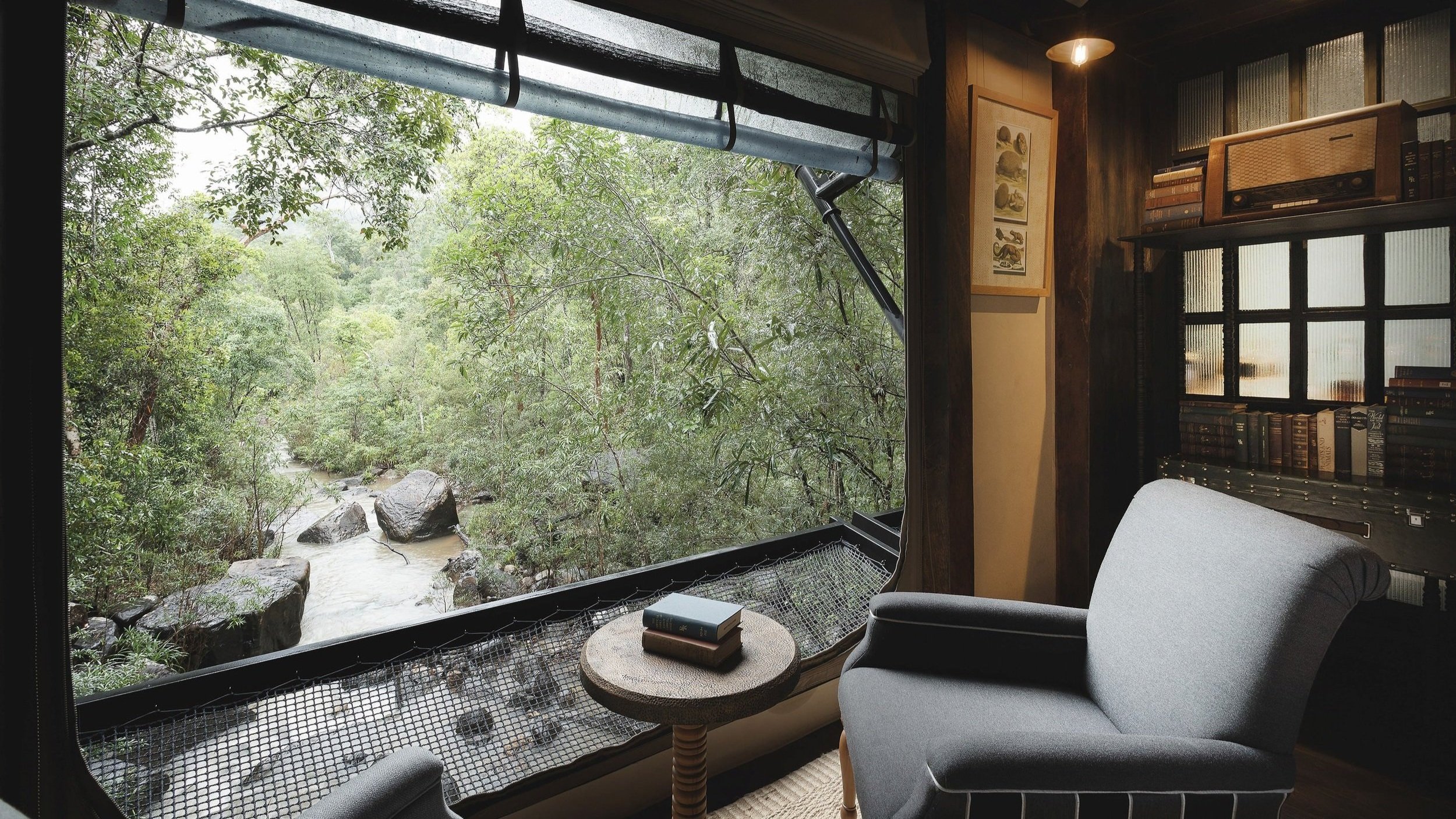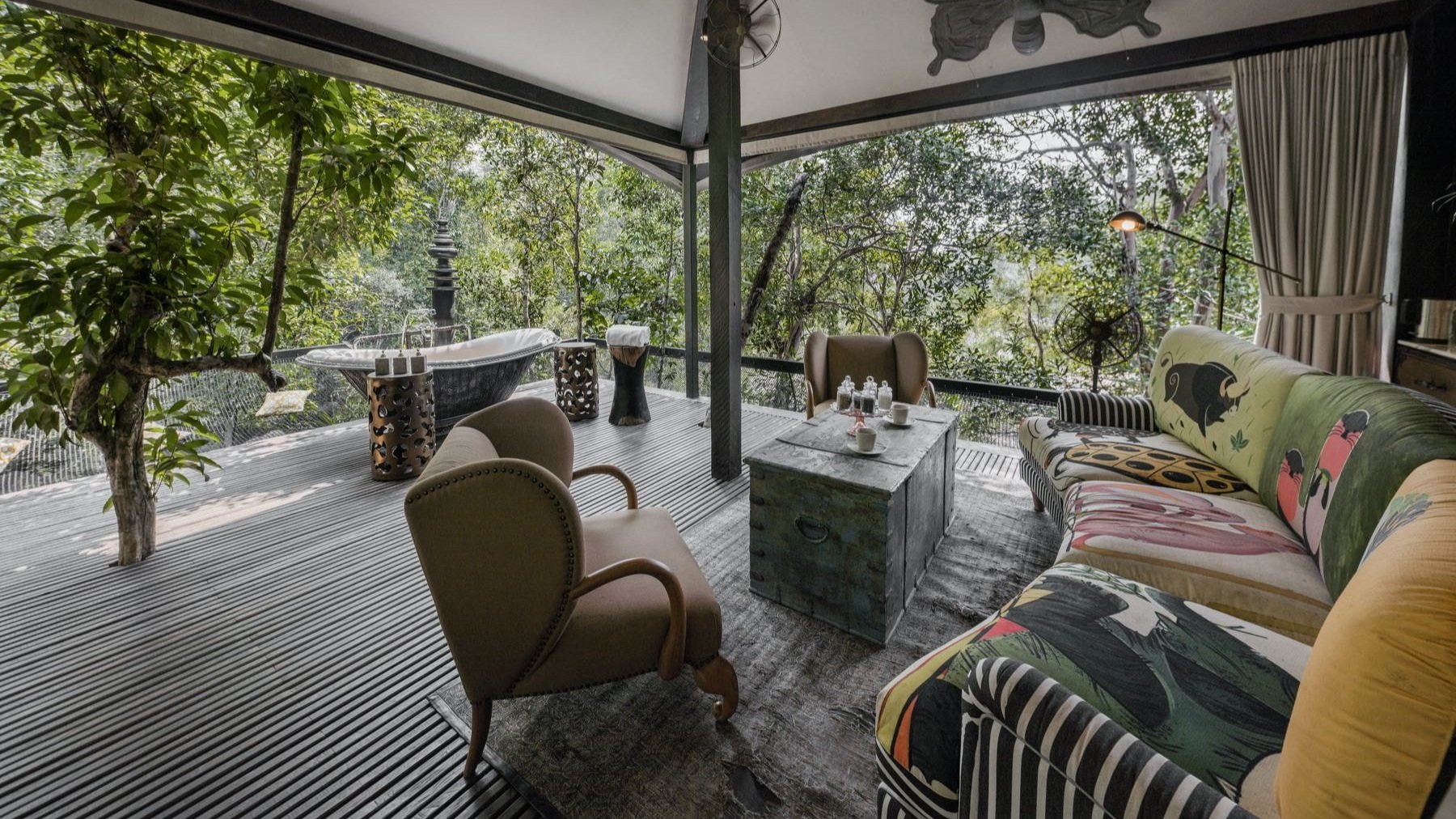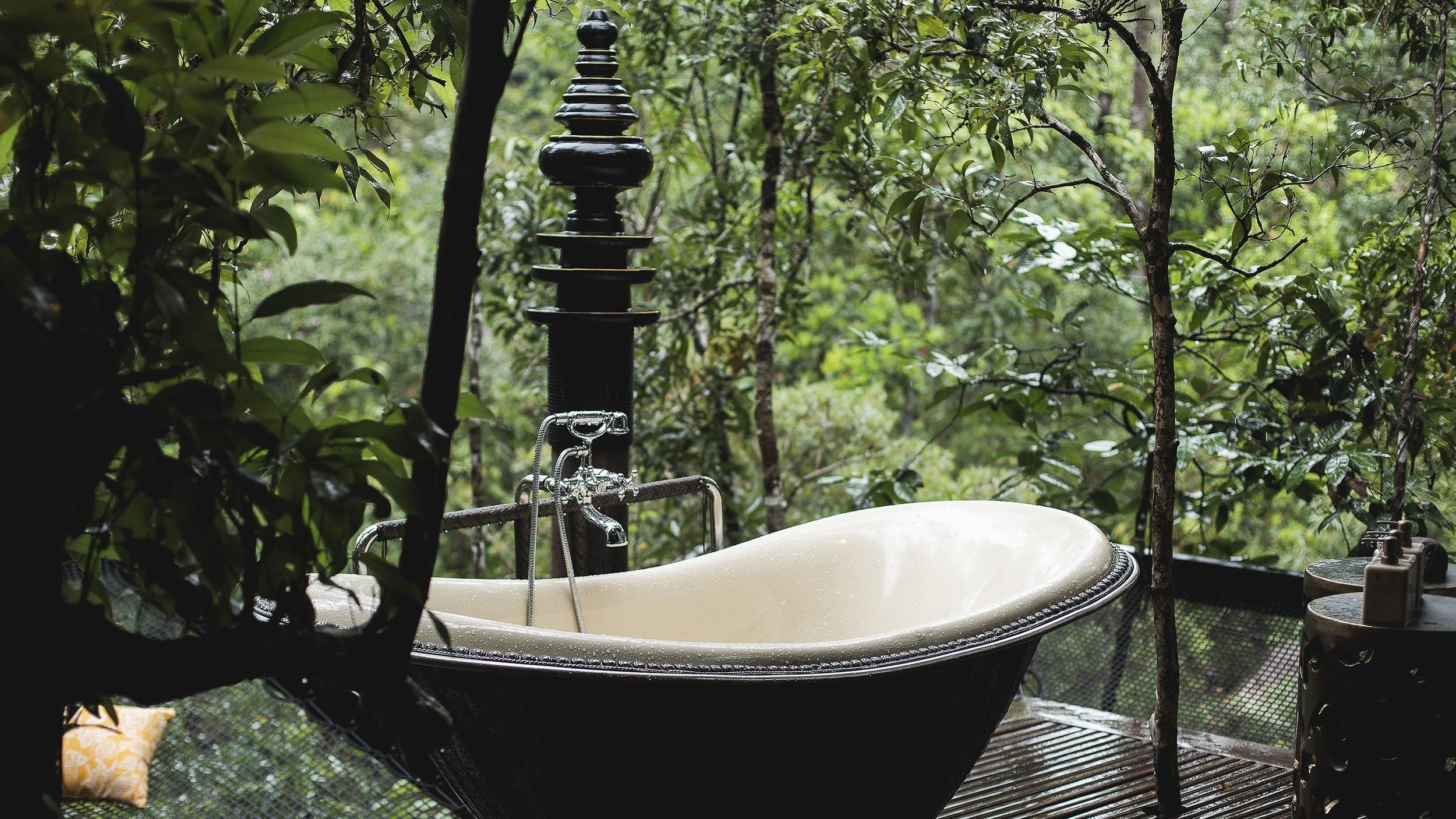What Is A Boutique Hotel? Our Expert Guide
Image courtesy of Myconian Avaton, Greece
Boutique hotels are one of the fastest-growing segments in the hotel industry. They offer guests a unique experience and personalized service they can’t get from regular hotels.
This hotel sector has grown in popularity as consumer travel decisions have shifted toward unique, community-focused experiences. As far back as 2016, 25 percent of new projects in the hotel market were boutique hotels, a trend that has continued and will likely extend well into the future.
If you're thinking about starting a boutique hotel or are looking to improve the appeal of an existing property, this guide is for you. We'll cover everything from characteristics and unique benefits to extraordinary examples of what’s possible in the industry.
What Are Boutique Hotels?
A boutique hotel is an independent property that offers much more than a place to rest at night. These hotel brands are often located in interesting or alternative settings with exciting amenities and activities that add to a guest’s travel experience.
The boutique hotel industry is known for its individuality, and many projects have a distinctive theme or style running throughout the concept. This might reflect in the hotel’s branding, amenities, eco friendly approach to real estate, or overall atmosphere.
Characteristics of a Boutique Hotel
Boutique hotels usually have more personality and a more intimate feel compared to larger chain hotels. Most have fewer rooms and would fall into the upscale or luxury hotel categories. A few unique features of boutique concepts in the hotel market include a smaller size, a unique setting, and a clear brand identity.
Smaller Size
If you’re wondering how to develop a boutique hotel, you can begin with the size. A defining characteristic of boutique hotels is their smaller size. As often independent properties, they usually have fewer than 100 rooms. This design choice to opt for a smaller space allows for more intimate and immersive experiences, and a higher level of personalization than you’d find at a larger chain hotel.
Unique Setting
A vital part of most boutique hotel concepts is a unique setting. This allows guests to stay in a one-of-a-kind property that makes their stay feel even more special. The hotel’s location also works as an effective marketing tool to attract guests looking for a one-of-a-kind travel experience.
Clear Brand Identity
A clear brand identity helps potential guests understand your concept and how it differs from other available accommodations. Many boutique hotel concepts incorporate values like creativity and community into the essence of their offering.
An example of how to manage a boutique hotel with unique or creative flair is to offer locally grown food or feature decor by a well-known interior designer. Boutique hotels are usually owned and operated by a family or an independent hotelier, and you’ll see their personal taste and their personal relationships showcased throughout the brand and the guest experience.
Incorporating your personal story into your concept is another excellent way to manage your boutique for solid branding. These distinctive touches contribute to the memorable travel experiences that guests won’t be able to find anywhere else.
A Brief History of Boutique Hotels
The first boutique hotels appeared in the late 1970s and early 1980s, reflecting a monumental shift in the hospitality industry as guests sought more personalized and design-focused accommodations.
Break-out Examples
The first widely recognized examples of boutique hotels were The Blakes Hotel in London (which opened in 1978) and Morgans Hotel in New York City (which opened in 1984). Both of these landmark hotels were celebrated for their chic aesthetics and ability to create intimate atmospheres. As such, the boutique hotels set themselves apart from the standard, cookie-cutter approach of major hotel groups with their highly-curated environments and stylized guest experiences.
Boutiques as Showcases of Local Culture
As the appeal of boutique hotels gained momentum, more travelers began to seek lodgings that specifically reflected the local culture or vibe of their destinations. Developing grander boutique hotels was a perfect solution to this growing demand, and by the 1990s, these small yet stylish hotels were a global phenomenon. In cities like Paris, Barcelona, and Tokyo, travelers could find bespoke accommodations that integrated the local art, designers, or cultural traditions into offerings–each a unique reflection of their vibrant locales.
Today’s Boutique Hotel Trends
Fast-forward to today, and we see that boutique hotels continue to thrive in a world where travelers prioritize authentic, unique, and personal services. We are also seeing a greater range in variety of experiences between boutique hotels. In the same area, you might come across options for an urban overlook or a remote getaway in the hills. Each boutique hotel has its own approach to quality hospitality, using its signature characteristics and local charm.
Looking ahead, it is safe to say boutique hotels will continue to have a special, irreplaceable niche in the market. Further, their typically smaller size and independent nature allow them to remain flexible for innovation as the trends of travelers evolve.
Why Are Boutique Hotels Appealing?
Image courtesy of Arua Private Spa Villas, Greece
These days, consumers aren’t only traveling to experience the destination. They’re looking for an unforgettable accommodation worth sharing with family and friends. Some of the selling points for boutique hotels include enticing services, locations off the beaten path, and photo-worthy design.
Authenticity
Chain hotels aim for authenticity, but it’s remarkably difficult to create a strategy around this that will make sense for different hotels in different locations. That’s where boutique hotels have a huge competitive advantage - the owners can leverage their own first-hand knowledge and personal relationships to integrate elements that are genuinely reflective of the surrounding community and it’s history and heritage.
When we developed Ka’ana Resort, we developed a variety of unique guest experiences that brought the culture and character of the local area right into the resort experience.
Enticing Services
Many boutique hotels offer services unavailable at larger chain properties. These might include in-room massages, a complimentary cocktail hour, or on-site yoga sessions. Services like these might be included in the room rate, so guests get more value for their money.
Locations Off the Beaten Path
Many boutique hotels are located in smaller towns or off the beaten path. This allows guests to experience a new destination more intimately than they could otherwise. These types of locations offer guests a sense of tranquility they might not find in a larger city.
Photo-Worthy Design
The design of boutique hotels is often a selling point for guests. These properties incorporate stunning design elements from state-of-the-art hotel bedroom amenities to gorgeous indoor-outdoor lounge areas.
Features like exposed brick walls, local artwork, or a rooftop bar with sweeping city views work to improve guest experience. This also increases the likelihood that they’ll share photos of their stay with friends or social media followers.
What Makes a Boutique Hotel Successful?
While unique hotel concepts are in high demand, there are a few key elements that make a successful boutique hotel. These include outstanding customer service, impressive food and beverage options, and exciting activities.
Outstanding Customer Service
Top-notch customer service starts with the first interaction guests have with your hotel. Your website and the overall booking process contribute significantly to that first impression.
Once they arrive, a streamlined check-in and friendly and accommodating staff can make a difference in a guest’s experience. Outstanding, personalized customer service ensures guests are more likely to return and recommend the hotel to others.
Food and Beverage Options
Great food and beverage options also help a boutique hotel stand out. This might include an on-site restaurant with a unique menu or a bar where guests can sample local wines. An excellent meal might be that added touch that makes your project unforgettable.
Exciting Activities
Hotel guests love experiencing fun activities they can’t access at home. For example, a rooftop bar, an on-site spa, or paddle boarding lessons can contribute to an unparalleled guest experience. Activities like these ensure guests get what they came for: a one-of-a-kind travel experience and memories to last a lifetime.
Stand-Out Examples in the Boutique Hotel Market
Here are a few projects raising the bar for outstanding boutique hotel experiences.
Image courtesy of Cap Rocat, Spain
Cap Rocat - Mallorca, Spain
Here’s a fascinating example of how to open a boutique hotel against a characteristic backdrop:
Cap Rocat was built out of a converted military fortress as an environmental and architectural restoration project. It’s located in a 30-hectare nature reserve and surrounded by stretches of marine protected coast.
Guests enjoy stunning sea views, seasonal Mediterranean cuisine, and wellness experiences in a spa excavated within the fortress. Available activities include boat tours to nearby islands and private, moonlit dinners on the beach.
Image courtesy of Blackberry Farm, USA
Blackberry Farm - Tennessee, USA
Blackberry Farm is located on a 4,200-acre farm in the foothills of the Great Smoky Mountains, one of the most stunning ranges in North America. The property’s design combines chic and rustic aesthetics with fine art, stone chimneys, and refined southern charm.
The property features private residences with luxury hotel services and amenities. Guests can enjoy activities like fly fishing and archery, artisan cooking demonstrations, and tours of the garden and farm.
Image courtesy of Ballyfin, Ireland
Ballyfin - Ireland
Ballyfin is a 5-star Irish property ranked among the best hotels in the world. It is located in a country estate setting that allows guests to immerse themselves in Irish history and nature.
This hotel features an on-site spa, an indoor pool, and a restaurant with ingredients grown in the property’s garden. Guests can also experience one-of-a-kind activities like falconry, horseback riding, and walks around the unspoiled Slieve Bloom Mountains.
Shinta Mani Wild (A Bensley Collection) - Cambodia
Shinta Mani Wild is a sustainability-focused hotel experience nestled within the Cambodian jungle. Accommodations are luxurious tents that bring nature into the heart of a guest’s travel experience.
Guests can join local rangers in their work of preserving the area’s wildlife or zipline straight to the hotel’s bar. Other activities include environmentally-friendly spa treatments and cuisine foraged from the jungle.
Boutique Hotel FAQs
Are boutique hotels better than regular hotels?
It depends on what you’re looking for in a stay. Boutique hotels are ideal if you value personalized service, unique design, and an intimate atmosphere. They often provide a more tailored experience compared to the standardized approach of chain hotels. However, regular hotels might be better for those travelers seeking consistent amenities, loyalty program perks, or more budget-friendly options.
Are boutique hotels more expensive?
Generally, the boutique hotels market falls into the upscale or luxury category, and as such, they tend to be more expensive than budget or mid-tier chain hotels. However, their pricing often reflects their exclusivity of experiences, higher-quality amenities, and noteworthy design elements. Depending on the location, time of year, or model of the hotel business, you may find boutiques with surprisingly competitive rates.
Are boutique hotels a successful business venture?
Opening a boutique hotel can be a very successful venture, especially in markets where travelers prefer to have unique or authentic local experiences. Their success depends on factors like location, market size, target audience, and marketing strategy. Many boutique properties thrive by offering a distinctive experience that builds guest loyalty and attracts repeat visitors.
Is a boutique hotel the same as a lifestyle hotel?
Not quite. While boutique and lifestyle hotels share some similarities—such as a focus on top tier design and exceptional personalized experiences—their differences lie in their scale and scope. Boutique hotels are typically on the smaller side, with independent operation and a lot of local character. Lifestyle hotels, on the other hand, are often part of larger hotel chains and aim to strike a balance between consistency and trendy experiences, without as much emphasis on the local flair of their location.
How should you market a boutique hotel?
Marketing a boutique hotel involves playing up its unique qualities and creating a strong brand identity. Use storytelling to highlight the property’s design, history, and connection to the local community. Also leverage social media, professional photography, and user-generated content as part of your business plan to showcase the guest experience. We recommend collaborating with local businesses and influencers as well to help attract a loyal customer base. Additionally, personalized email campaigns and exclusive rewards or print mail can also boost leads and bookings.
We Can Help You Develop Your Boutique Hotel Concept
Boutique hotel developments often outperform their non-boutique counterparts, and it’s easy to see why. We’ll likely see growth in this sector continue, especially with travel set to make a significant comeback in 2022 and beyond.
If you’re looking for support with a boutique hotel project or luxury real estate marketing, our experts at Proven Partners can help. We’ve spent years working directly with hotel developers, and know exactly how to start a boutique hotel that is lively, unique, and exciting.
Visit our concept development page to learn more and reach out to discuss how we can make your hotel project the best it can be.

